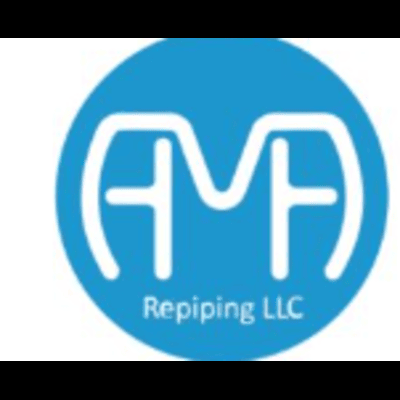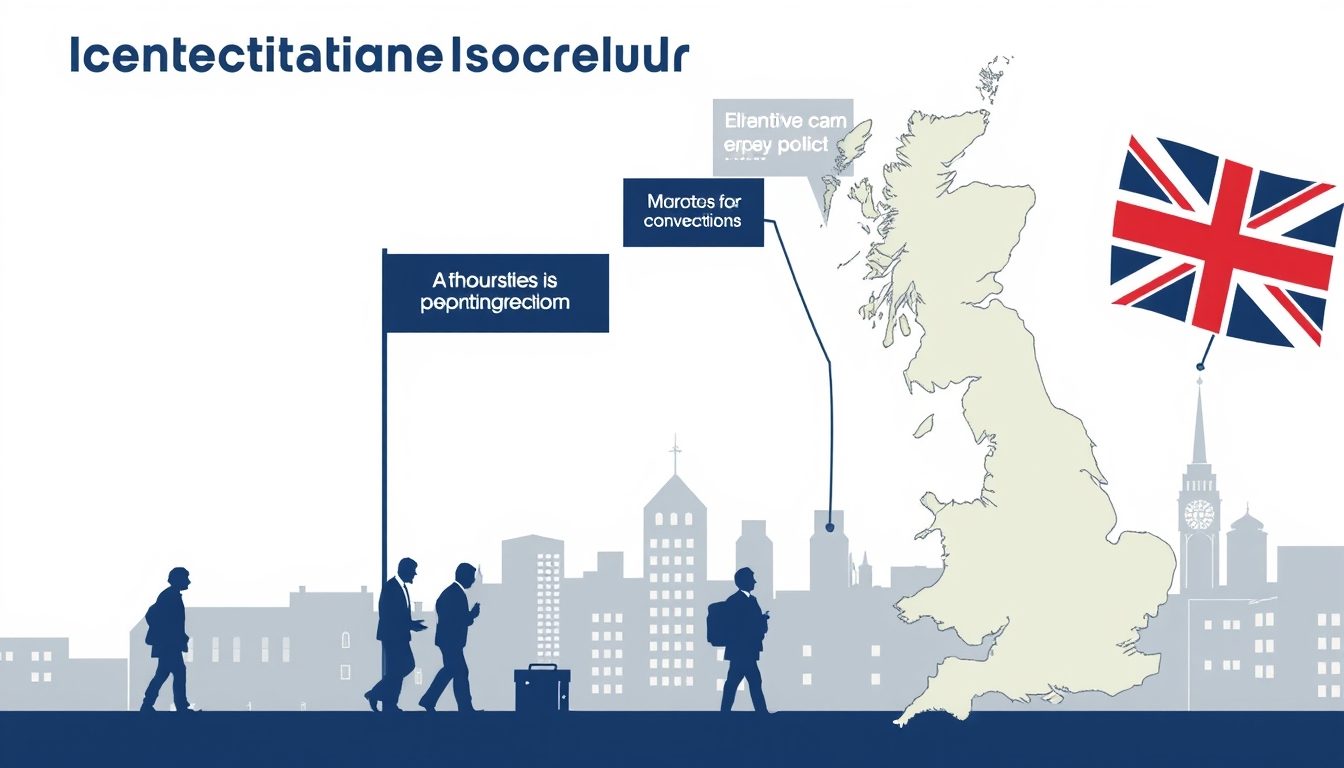When it comes to residential and commercial plumbing, few materials are as highly regarded as copper. Known for its durability, corrosion resistance, and long lifespan, copper plumbing has been the preferred choice for pipes and fittings for decades. Whether you’re building a new home, upgrading your plumbing system, or repairing an existing one, copper offers many benefits that make it a top contender in the plumbing world.
At Amare Piping, we specialize in copper plumbing installation, maintenance, and repairs. In this article, we will explore why copper plumbing is such a trusted material, the benefits it offers, common issues, and the best practices to ensure your copper plumbing system lasts for years to come.
What is Copper Plumbing?
Copper plumbing refers to the use of copper pipes for water supply and other plumbing needs in a building or facility. Copper has been used for thousands of years, dating back to ancient civilizations, and has become one of the most common materials used in modern plumbing systems.
Copper pipes are typically made from Type L or Type M copper, which refers to the thickness of the pipe. Type L is thicker and more durable, making it a good choice for high-pressure systems, while Type M is lighter and typically used in residential systems.
Copper plumbing is often used for both hot and cold water systems, as well as for heating systems in some cases. Copper is also commonly used for gas lines, though certain safety standards and installation guidelines must be followed for gas line installations.
Benefits of Copper Plumbing
Copper plumbing is favored for several reasons. The following are some of the key benefits of using copper for your plumbing system:
1. Durability and Longevity
One of the standout features of copper plumbing is its longevity. Copper pipes can last up to 50 years or more with proper care. Unlike other materials, such as PVC or steel, copper is highly resistant to rust and corrosion. This makes it an excellent choice for both hot and cold water systems, as it can withstand the effects of acidic or alkaline water, as well as temperature fluctuations.
Even in regions with hard water, copper plumbing is more resistant to the buildup of mineral deposits than materials like steel. Over time, this durability can save homeowners significant amounts in repair and replacement costs.
2. Corrosion Resistance
Copper is naturally resistant to corrosion, which is why it’s such a popular choice in plumbing. When water flows through copper pipes, the material forms a protective oxide layer on the inside of the pipe, preventing further corrosion. This makes copper a great option for areas with high humidity or corrosive water conditions.
Other metals, like iron or steel, are more prone to rust and deterioration over time, leading to leaks, water contamination, and ultimately the need for more frequent repairs. With copper plumbing, these issues are much less likely to arise.
3. Energy Efficiency
Copper has natural heat conductivity, meaning it is highly efficient at transferring heat. This can be beneficial in systems that need to maintain a consistent water temperature, such as hot water pipes or radiant heating systems. Copper plumbing helps water heat up and stay hot for longer periods, improving energy efficiency in your home or business.
For homeowners with hot water systems or heating systems that rely on consistent temperature control, copper plumbing can reduce energy waste, which can translate into lower utility bills over time.
4. Malleability and Flexibility
Copper is also malleable, meaning it can be bent and shaped easily, making it easier to work with during installation. This malleability allows plumbers to create customized systems to fit specific layouts without the need for extra fittings or joints, which could create weak points in the system.
This flexibility is particularly advantageous when working in tight spaces or making complex pipe configurations. Copper is also compatible with other materials, which makes it a versatile choice for plumbing systems that need to integrate with different pipe materials.
5. Safe and Non-Toxic
Unlike some plastic pipes, copper plumbing is completely non-toxic and safe for drinking water. Copper has been used for water supply systems for thousands of years without any adverse health effects. It is also resistant to bacterial growth, which helps maintain the quality of your water.
As concerns over plastic pollution and chemical leaching from materials like PVC continue to rise, copper stands out as a safe and eco-friendly choice for plumbing.
Common Issues with Copper Plumbing
While copper plumbing offers numerous advantages, it is not without its challenges. Understanding these potential issues can help homeowners maintain their copper plumbing systems and prevent costly repairs in the future.
1. Corrosion from Low pH or Soft Water
Although copper is naturally corrosion-resistant, it can still corrode under certain conditions. One of the most common causes of corrosion in copper pipes is low pH or acidic water, which can lead to pinhole leaks. If your water is highly acidic or soft, it can cause the copper to corrode from the inside out, leading to small holes in the pipes. This can result in slow leaks that are difficult to detect but may cause significant water damage if not addressed.
To mitigate this risk, you can install water softeners or neutralizers to balance the pH of the water before it enters your plumbing system. Regular water quality testing can also help you monitor the condition of your water and prevent corrosion.
2. Water Pressure Issues
Excessive water pressure can place a significant amount of stress on copper pipes. High pressure can cause copper pipes to expand and contract, potentially leading to cracks or leaks. This is particularly true for older pipes that have been subjected to years of pressure changes.
Water pressure should ideally be kept at or below 60-80 psi. If you experience fluctuating or high water pressure, installing a pressure regulator is an easy way to protect your copper plumbing from the damaging effects of excessive pressure.
3. Pinhole Leaks
Pinhole leaks in copper plumbing are a common issue, especially in older homes. These tiny leaks are typically caused by corrosion, high water pressure, or poor water quality. While small, pinhole leaks can slowly drip water over time, leading to mold, mildew, and water damage behind walls or under floors.
If you suspect that you have pinhole leaks, it’s essential to contact a professional plumber like those at Amare Piping to inspect your system and recommend repairs or replacements. Left unaddressed, pinhole leaks can lead to significant structural damage and higher repair costs.
4. Physical Damage
Copper pipes, while durable, can still be susceptible to damage from physical impacts or shifting soil. During installation or repairs, pipes may be inadvertently dented, bent, or crushed, which can weaken them and make them more prone to leaks.
Additionally, outdoor copper pipes may be damaged by external elements, such as tree roots, heavy equipment, or temperature fluctuations. For these reasons, it’s important to carefully inspect your pipes during installation and routine maintenance checks.
How to Maintain Copper Plumbing
To ensure your copper plumbing lasts as long as possible and continues to perform optimally, regular maintenance and care are essential. Here are some tips for maintaining your copper plumbing system:
1. Inspect for Leaks Regularly
Keep an eye out for signs of leaks, such as water stains, mold growth, or damp spots around your pipes. If you notice any of these signs, it’s important to have a professional plumber inspect the system to catch leaks before they cause major damage.
2. Check Water Pressure
Regularly check the water pressure in your home to make sure it stays within a safe range (60-80 psi). If the pressure is too high, install a water pressure regulator to protect your pipes from stress.
3. Monitor Water Quality
As mentioned earlier, the quality of your water can significantly affect the longevity of your copper pipes. Test your water’s pH and hardness, especially if you live in an area with hard water. Consider installing a water softener or filtration system if necessary.
4. Professional Inspections and Maintenance
It’s always a good idea to have a professional plumber inspect your copper plumbing every few years, particularly in older homes. Plumbers can check for early signs of corrosion, leaks, and other potential problems before they escalate.
Copper plumbing is a tried-and-true solution for residential and commercial water systems. It offers exceptional durability, corrosion resistance, and energy efficiency, making it a reliable choice for modern plumbing needs. However, like any material, copper plumbing requires proper care and maintenance to ensure it lasts for decades.
At Amare Piping, we specialize in copper plumbing installation, repairs, and maintenance. If you need help with your copper plumbing system or suspect a leak, don’t hesitate to contact our expert team. We’re here to provide you with the highest quality service to ensure your plumbing system continues to function reliably and efficiently.














